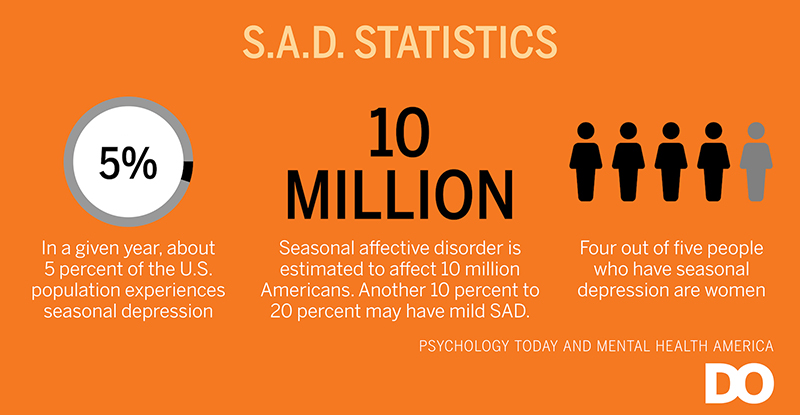In a society where our toughest critic is yourself, what does it mean to be fat versus skinny? Obese versus heavyset? Toned versus thin? Why is it that one is better than another? Since when did being in a bigger body make someone gross, ugly, or unattractive ? These are the questions that induce body image issues in millions of people across America.
According to the National Institute of Health, reportedly 20-40% of women and 10-30% of men struggle with their body image. That’s huge. The change in peoples’ body image that has occurred throughout history, has now been classified as a generational issue, which means that it can’t be labeled as something that only a specific age group struggles with. When people are asked to name three things they love about their best friend, they find it simple, almost a joke. “I mean what do you want me to say, they are beautiful, have a great smile, and are just such an amazing person, they’re almost perfect!”. Yet once they are asked to name three things they love about themselves, their smiles disappear as their voices get crackly and their eyes become filled with anguish.
Why Does This Happen?
In psychology, the negativity bias is what explains why humans are hardwired for negativity and where poor body image stems from. This bias can influence the way one speaks, acts, thinks, and even feels. It explains why people are prone to frequently recalling insults more than compliments, dwell on unpleasant events more than pleasant ones, and become hyper fixated on negative information rather than on positive. This bias has grown more and more as each new generation arises, and it is thought to be a survival instinct in evolutionary psychology, as it is a way to avoid potentially harmful situations/stimuli, when exploring the unknown. While there may be no antidote for this cognitive bias, it is vital for everyone to know exactly how it affects peoples’ body image and how it can be reframed.
Societies all around the world have gone through stages of fads, diets, critiques, and expectations, however now society has come to the overall consensus that everyone should be shrunk down to half their size. Even the mantra that many live by is startling to psychologists and health professionals alike, “Nothing tastes as good as skinny feels” (Kate Moss). And while yes, one can argue that this isn’t always the case, as there are influencers that promote all body types and what not, but that isn’t the point of this article. Your self-image is one of the most impactful parts of your life. So, when you are constantly hearing all of this talk about how everyone should eat a certain way, in order to obtain the bodies they want, take at least 10,000 steps a day, fast before working out, wear tight or revealing clothing, but also not too revealing, just in case. All of this is truly nothing but talk, humans have always given power to words and people, in regards to deciding what their worth is. Well, it is time to take back that power and allow all humans to flourish and feel fulfilled with themselves.
What The Experts Say
Psychologists, like Jocelyn Nelson, instead suggest thinking of all of the little important things a body can do, like how it allows you to talk, walk, breathe, dance, smile, laugh; because all of these experiences are moments that have just been taken for granted. By viewing your body with respect for how strong it is, instead of looking to find a “perfect body”, you are essentially starting to align yourself with the values you hope to be known for in this life. Nevertheless, this method of being able to reframe all negative thoughts, isn’t at all that simple in the society of today. Social media now plays a big role in what an individual’s body image is, due to the constant mixed messages of what is good vs bad, healthy vs unhealthy, pretty vs plain, it all becomes a jumbled mess of rights and wrongs. Yet one thing you can use to your advantage is the act of only acknowledging, but not internalizing or judging yourself because of these messages. After all, this is the same incessant talk from before, except this talk causes you to walk on eggshells, to be scared of things that once brought you joy, and to look at yourself with a pair of eyes that bases who you are off of what you look like. This talk is repetitive and sneaks up on you in so many different forms, however you are truly the one who decides in the end what power you give to it. Even the American Psychological Association has concluded that reducing your social media usage by 50% for a few weeks, causes instant relief and contentment around one’s body image. It has in fact been found how crucial this is for adolescents; this is due to the fact that the development of adolescents’ minds are in a phase of growth. So, by giving it some room to grow without negative or pressuring influences on them, so many future issues with mental health, physical disorders, and illness can be prevented.
Think About Your Why
Coming to terms with having a large amount of body dissatisfaction, let’s just say it, it stinks. It stinks because each human has their own ideal person that they hope to one day be, plus they have societal pressures of how they should be, and on top of all of that they can’t have their own train of thought without it going somewhere negative. All of this in a nutshell is what each human has to battle in their day-to-day, so you could see how much suffering each person does in silence. So, the next time you think to yourself, I wish I looked like… think about your why and then remind yourself of who you really are without what you look like, just what you wish to stand for and embody that. And that right there is fostering body neutrality.




























